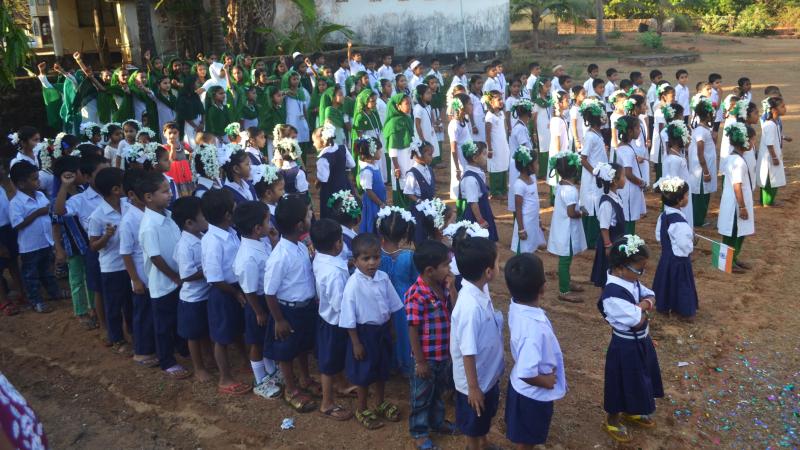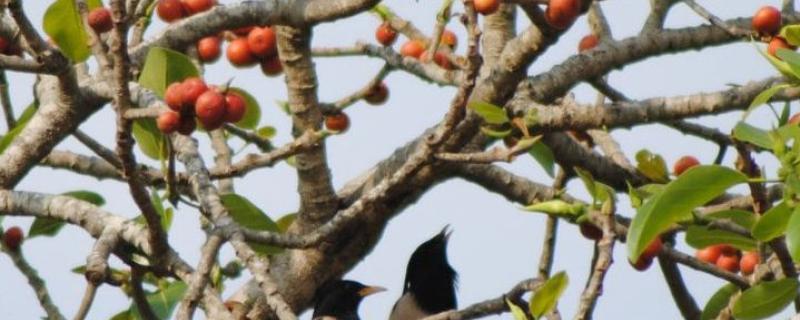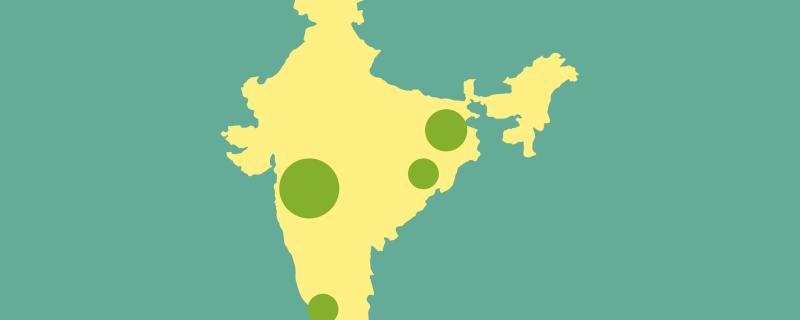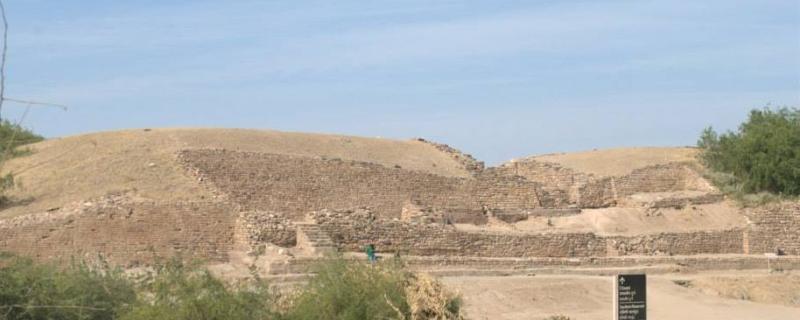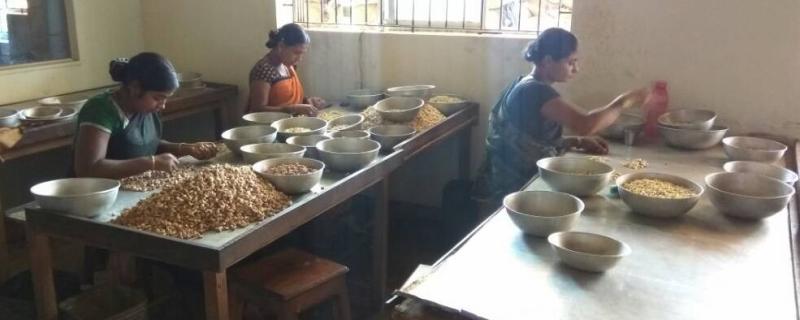Researchers from Indian Institute of Science have proposed a mathematical approach to maximize the reach of our social media posts, while keeping the cost to a minimum.
Archives
Fig trees are a magnificent keystone species that support a variety of life, both large and small. Scientists from the Indian Institute of Science study how these trees, with the help of their pollinators, are keeping Bengaluru’s green cover alive through genetic diversity.
A team of scientists from John Hopkins Bloomberg School of Epidemics, Maryland, USA, Transitional Health Science and Technology, New Delhi, with support from National Center for Disease Control, New Delhi, Indian Public Health Association, World Health Organization, and Bill and Melinda Gates Foundation set up a Cholera Expert Group, to provide the necessary roadmap
Ever wondered how an ATM card stores information? Most of us are aware that the black strip at the back of the card plays an important role in this process. How it works though, isn't as common a knowledge.
The first of December every year is observed as world AIDS day. It is observed as an effort to unite people world wide in the fight against HIV. The theme for the year 2017 is 'Lets End It', aiming to end the stigma associated with the disease.
Scientists from the Indian Institute of Technology (IIT) - Gandhinagar have extensively reviewed how the physical and chemical properties of nano-carriers in drugs can enhance their ability to fight cancer, while at the same time minimize the harm caused to other healthy tissues.
The Ministry of Earth Sciences is set to extend the Monsoon Mission from the predicting the rains of the monsoon to disaster management. The facility will improve monsoon forecasts over the short and extended range. The programme is aimed to help the farming sector manage thier agricultural operations and water reservoirs.
An International team, including scientists from Indian Institute of Technology-Kanpur (IIT K), Imperial College London, UK, Technical University of Denmark, Denmark and others, with a new study, has shown that the Indus valley civilization developed on a dried river bed, long after the river had deviated to a new course.
Recent study shows that chronic illnesses might be shared with the members of a household. A team of public health professionals from from various universities in India and the USA have studied 2,574 households during 2013 and 2014, to understand the prevalence and stage of diagnosis of five chronic diseases.
Increasing participation by women in the informal sector could provide a boost to the economy by increasing the income opportunity for a family, but how does it affect the individual's? Prof.
